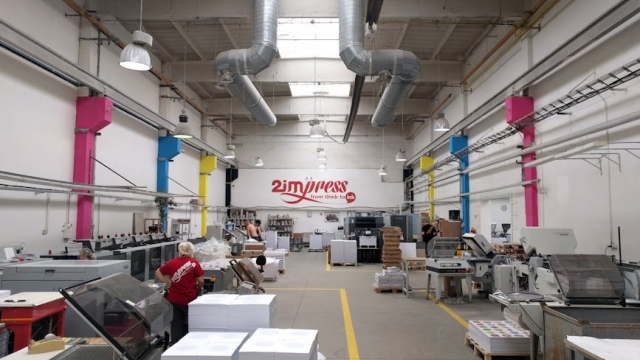
In the ever-evolving world of beverages, the bottling process plays a crucial role in ensuring product quality, sustainability, and efficiency. Innovations in this sector are not just about improving speed or reducing costs; they encompass a wide range of advancements that enhance the overall consumer experience. As brands strive to meet increasing demands for quality and sustainability, beverage bottling innovation has become a focal point in the industry. This article explores some of the latest advancements in bottling technology, sustainable practices, and notable case studies that demonstrate the impact of these innovations.
Advancements in Bottling Technology for Carbonated Beverages
The bottling process for carbonated beverages has seen significant advancements that enhance both efficiency and product integrity. Modern bottling lines utilize automated systems equipped with sensors and artificial intelligence to monitor various parameters throughout the filling process. This level of automation minimizes human error, ensuring consistent fill levels and reducing product waste.
One notable advancement is the development of pressure-sensitive filling systems, which allow for the precise filling of carbonated beverages while maintaining the desired carbonation levels. These systems help prevent excessive foaming and ensure that the beverage retains its intended flavor and fizz. Additionally, advancements in bottle design, such as lightweight materials and ergonomic shapes, are also contributing to more efficient bottling processes. These innovations not only help in reducing the carbon footprint but also improve the user experience by making bottles easier to handle and store.
Sustainable Practices in Beverage Bottling
Sustainability has become a cornerstone of beverage production, and bottling processes are no exception. Companies are increasingly adopting eco-friendly practices that reduce waste, conserve resources, and minimize environmental impact. For instance, many brands are exploring the use of biodegradable and recyclable packaging materials, which significantly reduce the environmental burden of single-use plastics.
Furthermore, the integration of energy-efficient machinery in bottling facilities is a critical aspect of sustainability initiatives. By optimizing energy consumption during the bottling process, companies can significantly lower their operational costs while reducing their carbon footprint. Water conservation practices are also being implemented, with many facilities recycling water used in the cleaning and rinsing processes. These efforts not only contribute to a more sustainable operation but also resonate with consumers who prioritize environmentally responsible products.
Case Studies of Innovative Bottling Processes
Several leading beverage brands have embraced innovative bottling processes that showcase the power of beverage bottling innovation. For example, one well-known soft drink manufacturer adopted a fully automated bottling line that utilizes advanced robotics for handling and packaging. This not only streamlined their production process but also reduced labor costs and improved overall efficiency.
Another example can be found in a beverage company that pioneered the use of returnable glass bottles. This initiative not only reduced waste but also appealed to environmentally conscious consumers. By implementing a closed-loop system where bottles are collected, cleaned, and reused, they have set a benchmark in the industry for sustainable practices.
Additionally, some brands are experimenting with smart labeling technologies that allow consumers to scan QR codes on bottles to learn about the product’s sourcing, nutritional information, and even recycling instructions. This transparency not only enhances consumer trust but also educates the public on sustainability practices.
The Future of Beverage Bottling
As the beverage industry continues to grow, the future of bottling processes looks promising. Ongoing research into new materials, such as plant-based plastics and other sustainable alternatives, may revolutionize packaging. Furthermore, as consumer preferences shift toward healthier and more sustainable options, beverage brands will need to adapt their bottling practices accordingly.
In conclusion, beverage bottling innovation is not merely a trend but a fundamental shift towards a more efficient and sustainable future. As advancements in technology and eco-friendly practices continue to emerge, they will undoubtedly shape the landscape of the beverage industry for years to come. Brands that embrace these changes will not only enhance their operational efficiency but also foster a deeper connection with consumers who value quality and sustainability.
